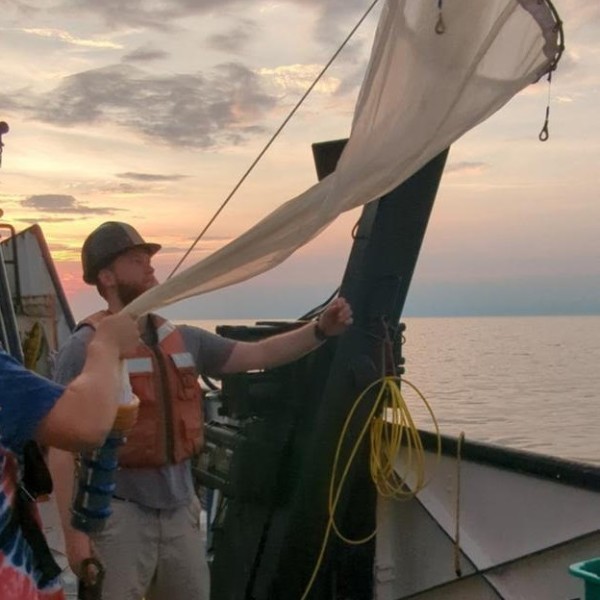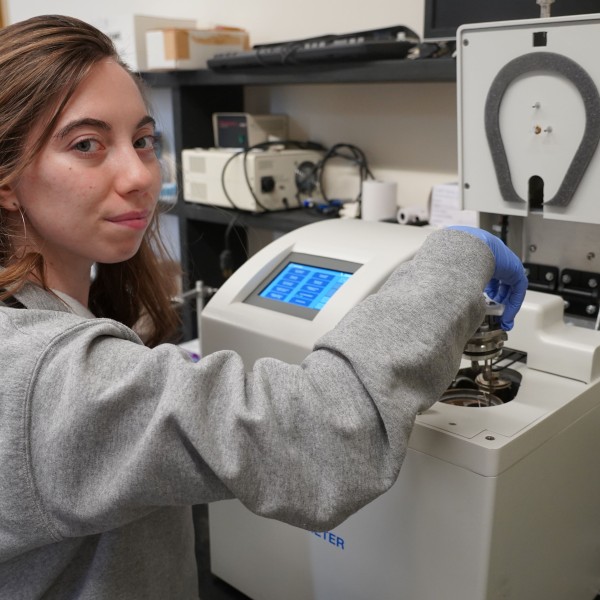This is one of five vignettes showcasing faculty research related to redesigning 21st century agri-food systems.
As director and principal investigator of the new Center for Research on Programmable Plant Systems, Susan McCouch, Ph.D. ’90, seeks to understand the signaling systems that plants use: If scientists can receive, translate and interpret a plant’s signals, they can better understand how to manage natural environments to allow plants to thrive, or potentially even feed signals back that could nudge plants to modify their behavior.
The revolutionary idea could speed plant breeding, reduce fertilizer use and enable scientists to understand how to create more food more efficiently – a necessity to feed a growing population within planetary boundaries.
“If the long-term goal is resilience and sustainable agricultural systems,” McCouch said, “we need to create plants that utilize scarce resources more efficiently.”






